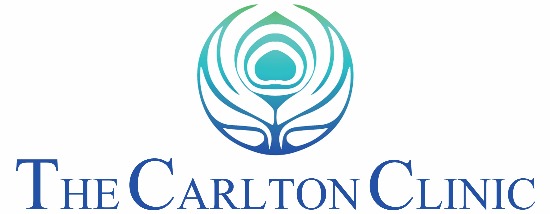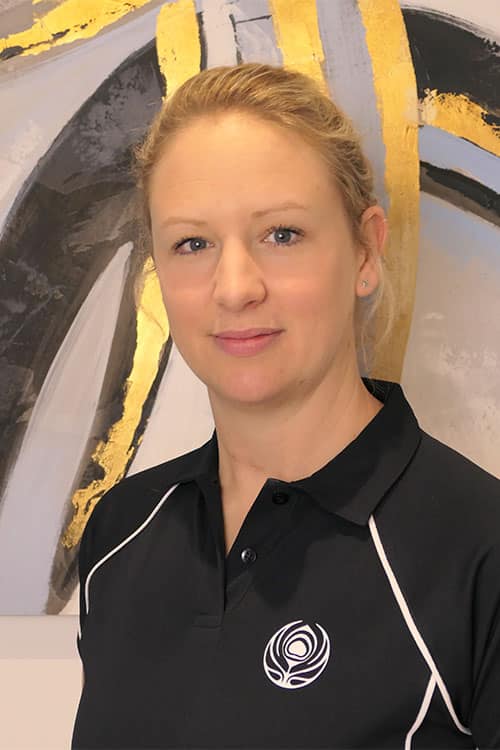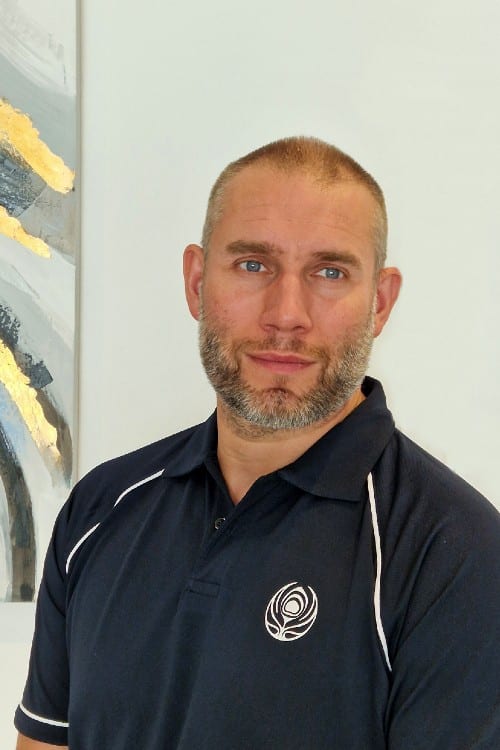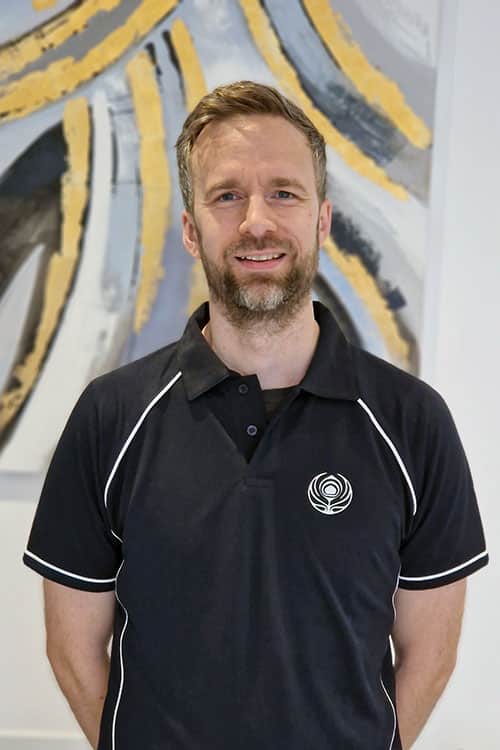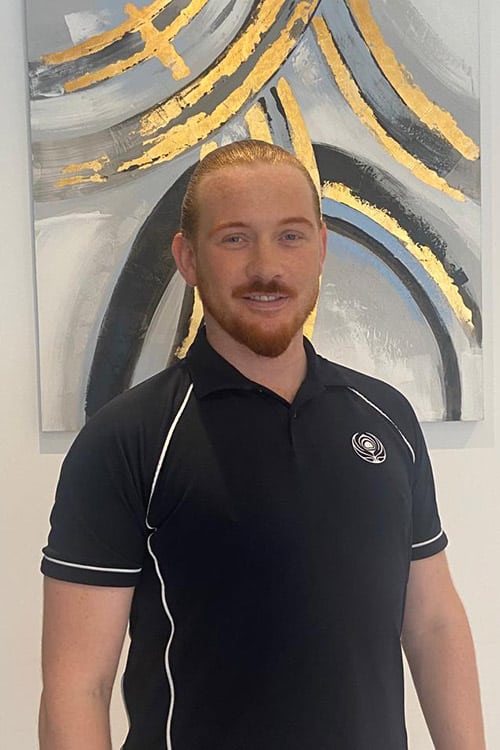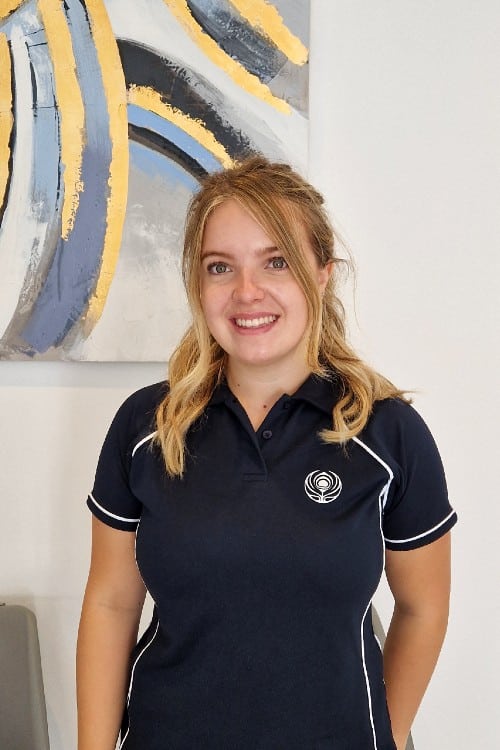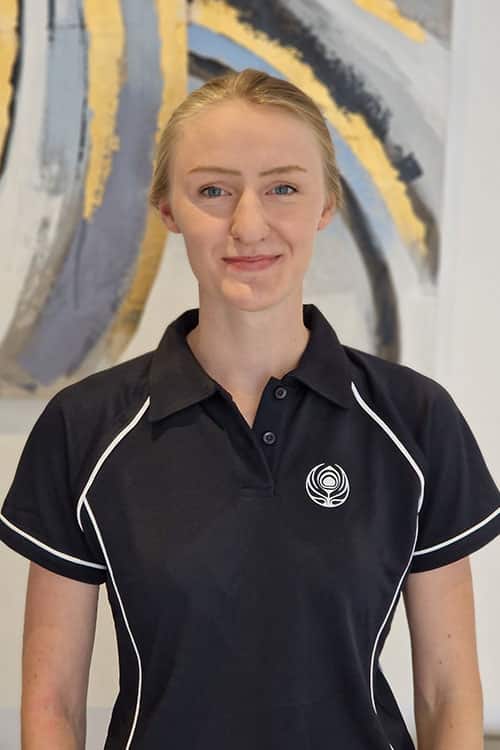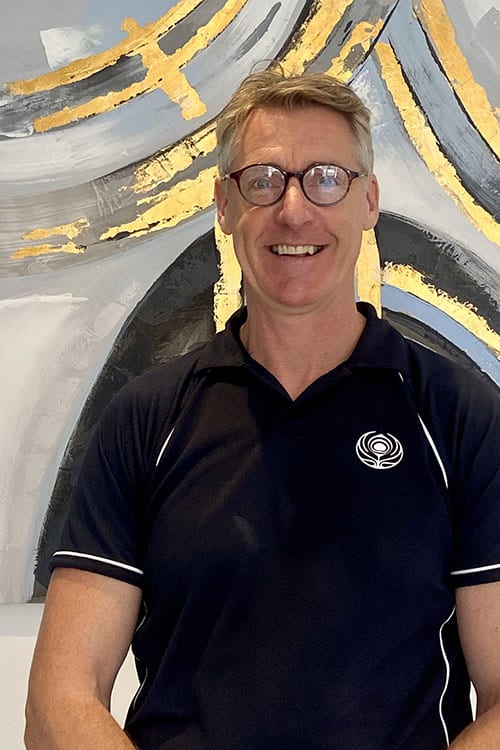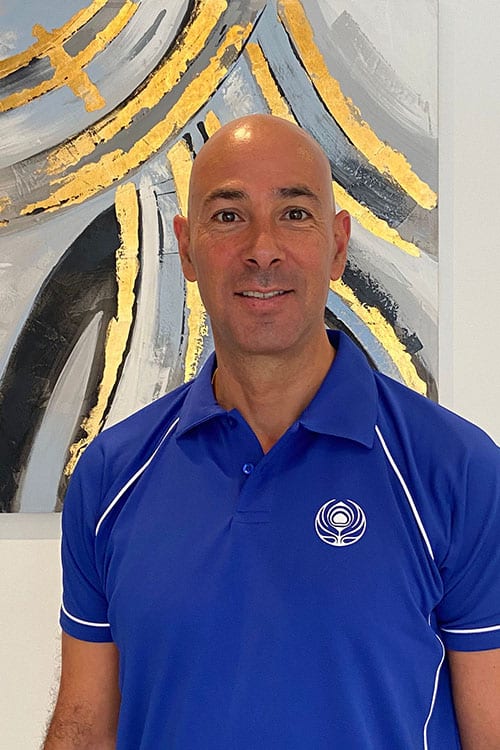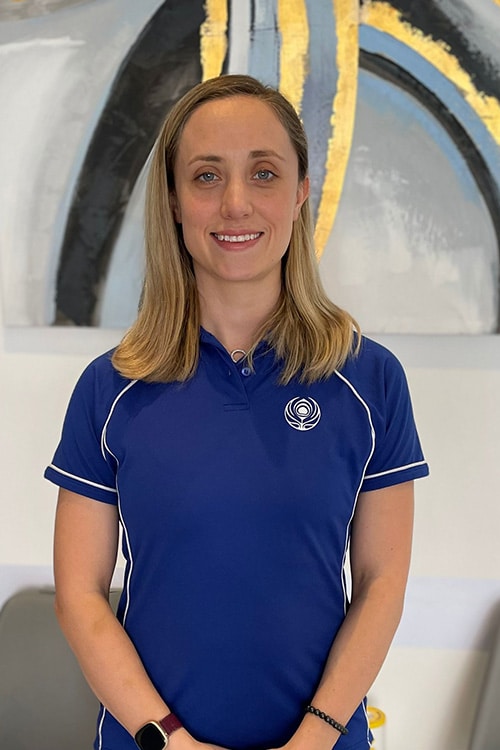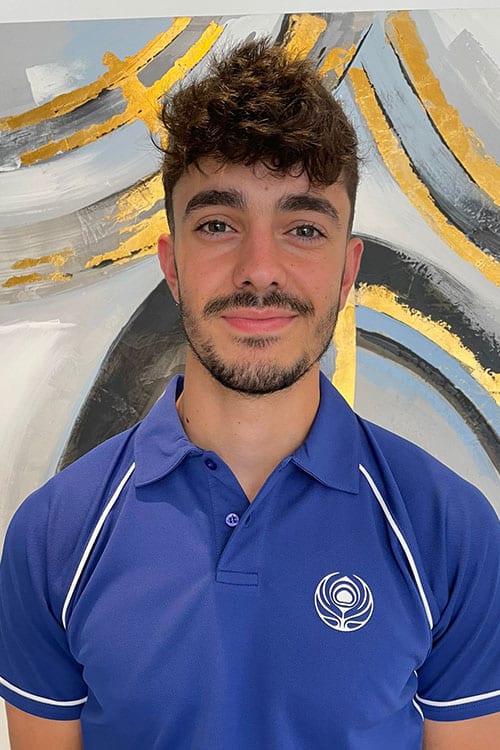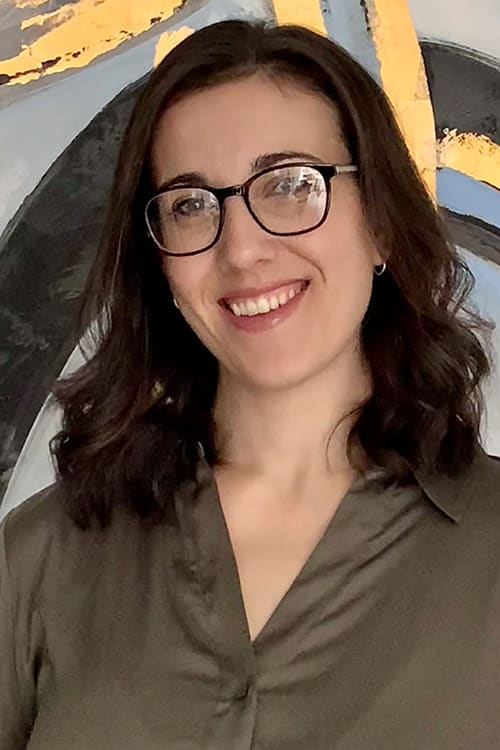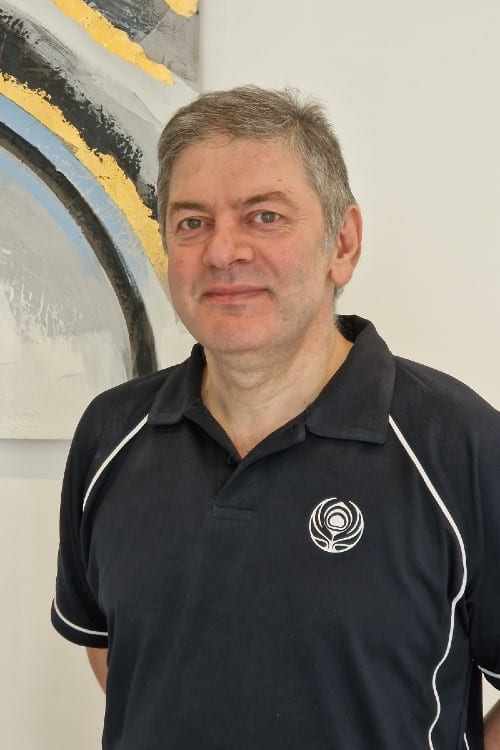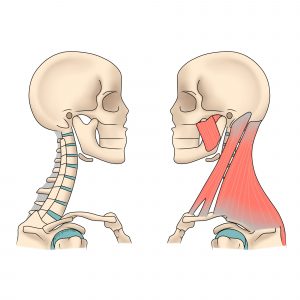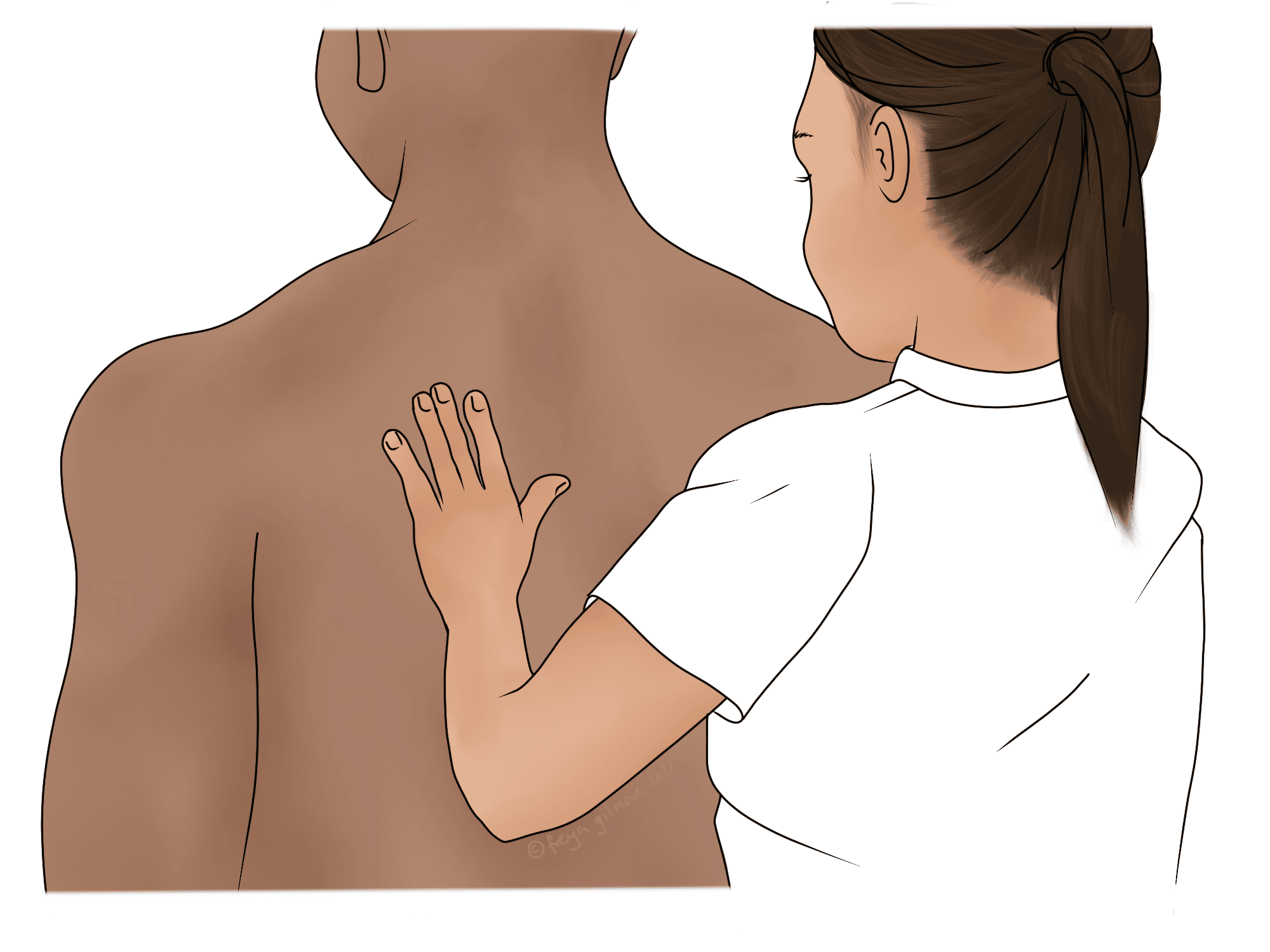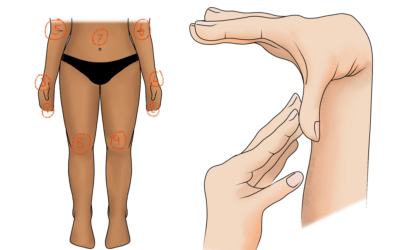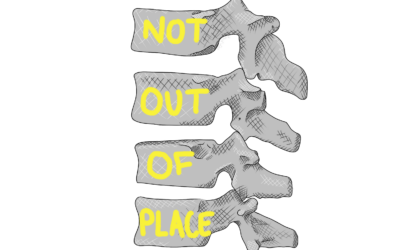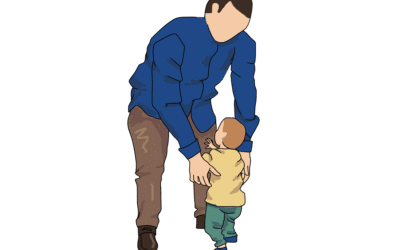Osteopaths are primary healthcare practitioners- you can see us without a GP referral and we can diagnose your aches and pains. We specialise in problems with muscles and joints, but some nerve problems fall into our remit as well.
What Can I Expect from my Appointments?
Your first appointment will involve a thorough case history. We will ask questions about the problem that brings you into clinic, as well as general health questions and family history. Although some of these questions may seem excessive, they can help us identify more subtle (but important) factors in your case. For example, some rheumatological problems are closely related to genetic links to inflammatory bowel disease. If a close relative has IBD, even if you don’t, it might make the consideration of autoimmune conditions more appropriate. The earlier we can identify these things, the quicker we can find the best approach for you.
With the information gleaned from your history, your osteopath will have a few ideas for what might be going on. These will be tested by examination of the body, including how it moves and how it feels at rest. For this you may need to remove some clothing, so make sure you’re wearing appropriate underwear in which you feel comfortable. Some people prefer to wear close fitting gym wear that allows movement while preserving modesty.
Treatment is then hands-on. Massage and stretching techniques for muscles, and mobilising or manipulation techniques for joints are commonly used. With the detailed case history in mind, your osteopath can make educated decisions about which techniques are best suited for you. You can expect to leave with a diagnosis and explanation for your pain, as well as a plan of action. We usually give exercises and/or lifestyle advice at the first appointment too, which we can then adapt over time as your symptoms improve.
Can Anyone Call Themselves an Osteopath?
The title “osteopath” is protected by UK law. In order to use the title, you must have completed a recognised qualification: a DO, M.Ost, or B.Ost usually. You must also maintain your professional insurance and complete the required CPD (continuing professional development) as set out by the regulatory body GOsC. All UK osteopaths can be found on the GOsC website– if someone is not listed they are not legally an osteopath. In some countries, osteopathy is regulated differently, or not at all.
Osteopathic Philosophy
A key part of the osteopathic approach is holism- seeing the person as a whole, rather than isolating one problem. We understand that lower back pain is not just about a problem with a joint, muscle, or disc, but that pain is influenced by our beliefs, history, and the ongoing impact of the symptoms. We know that a structure doesn’t suddenly become overloaded for no reason, and we screen for problems above and below the symptomatic area to find the root cause. Of course, this influences the management plan, with the aim of providing a long term solution by treating the symptoms and all associated factors.
